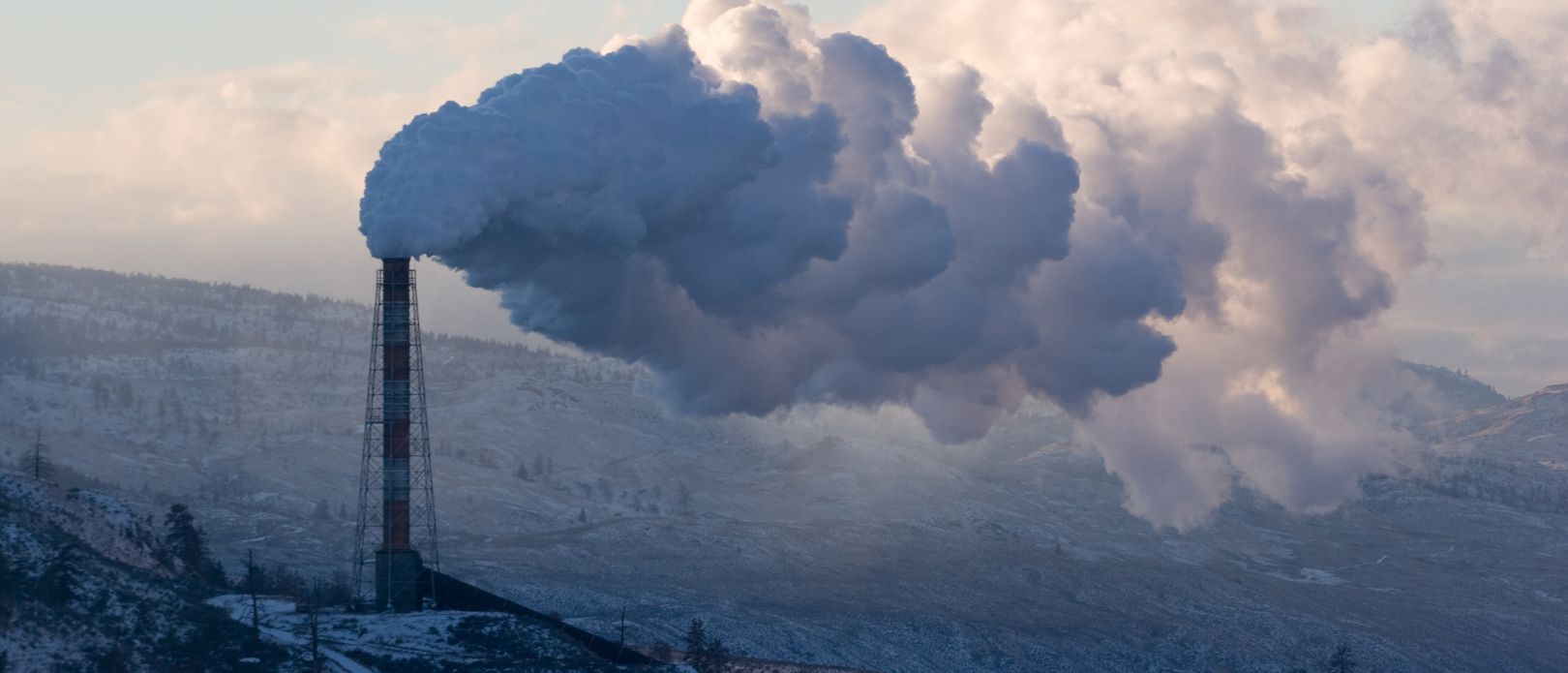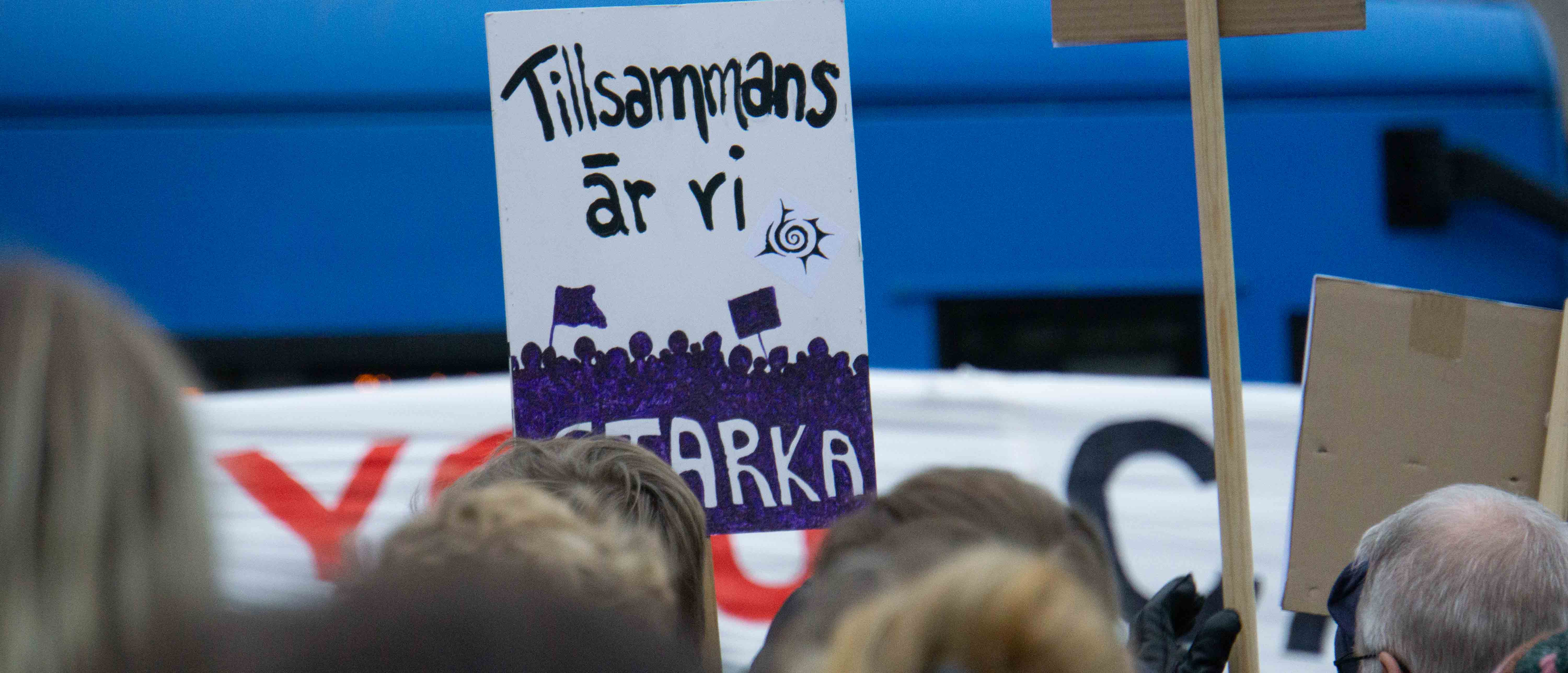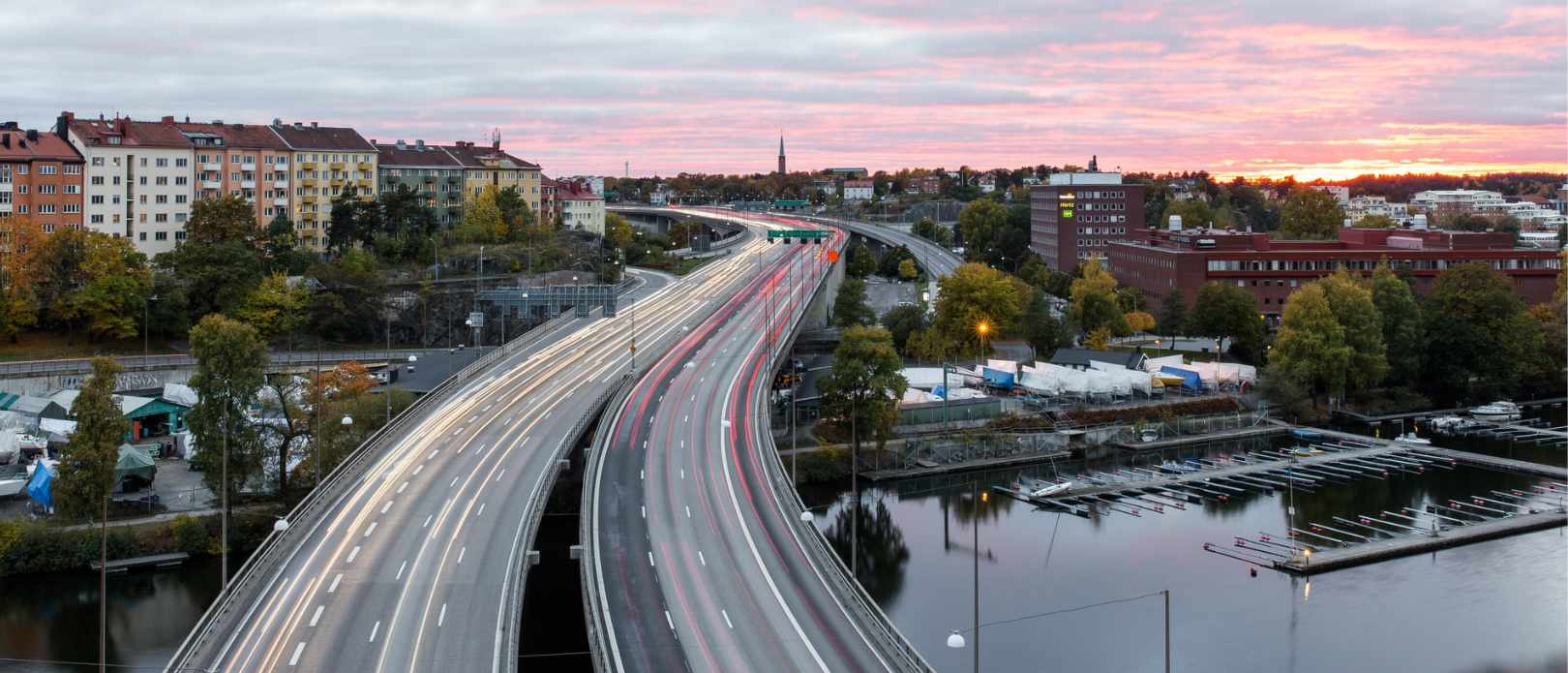Climate justice
New report: Swedish parliament should decide on a fair carbon budget

The remaining global carbon budget for staying within 1.5 degrees is vanishing quickly. Photo: R_Koopmans via Canva.
Sweden is not on track to reaching its own national climate targets – and it is not even clear if the targets are sufficient, according to scientists of the research programme Fairtrans
- The global carbon budget for staying within the 1.5 degrees target is vanishing fast
- There are different suggestions for sharing the budget on a global level
- What is a fair distribution, is not a question for academia, but for politics
“Without political decisions on a fair division of the remaining carbon budget, we cannot tell whether Sweden is in line with the Paris Agreement or not,” says Thomas Hahn, researcher at the Stockholm Resilience Centre and one of the programme leaders for Fairtrans.
Fairtrans, a research programme funded by Mistra and Formas, aims to promote transformations to a fair and fossil-free future in Sweden in collaboration with Swedish civil society.
A race against time
According to a recent report by the programme, the current Swedish climate targets are an absolute minimum of what the country should achieve. Depending on how one defines a globally just reduction of emissions, and hence globally fair carbon budgets, Sweden could need to drop emissions even more substantially.
The global carbon budget is vanishing fast.
Thomas Hahn, one of the programme leaders for Fairtrans
“From January 2020, the World has about 400 billion tonnes of carbon dioxide equivalents left to emit if we want to stay within the 1.5 degrees target with 67% probability. The global carbon budget is vanishing fast, and in January 2023, only 280 billion tonnes remained. The big question, then, is how we can share this amount of emissions fairly among all countries and people on the planet,” explains Thomas Hahn.
How to share the cake
There are different suggestions for dividing the global cake, and he and his colleagues, including centre researcher Ingo Fetzer, have calculated a Swedish carbon budget based on four different scenarios. The one that is most beneficial for Sweden means that every country gets an equal amount based on its number of inhabitants. In the Swedish case, that would be about 475 million tonnes of fossil CO2 starting in 2020, which approximates what the country is expected to emit if it achieves its current climate targets. From January 2023, only 460 million ton remains, since Sweden’s territorial fossil CO2 emissions have been about 115 million ton in the last three years.
There is no obvious answer to how large a fair Swedish carbon budget is. Every calculation is based on assumptions that are of a moral and political nature. That’s why an official budget has to be initiated on a political level.
Stephan Barthel, one of the programme leaders for Fairtrans
If other justice factors are taken into the equation, the challenge grows.
Sweden, as part of the developed world, has historically emitted more than other countries. The Nordic nation also has good economic and technological capabilities to transform its society to become less carbon dependent. The Paris Accord includes such fairness factors, and then the Swedish budget might shrink to as little as 360 or 170 million tonnes. This, in turn, would require a much more rapid transition than the country currently has pledged to achieve.
What is fair?
Which factors should be included, and what we mean by fair distribution, are not questions for academia, but for politics, according to Thomas Hahn and colleagues.
“There is no obvious answer to how large a fair Swedish carbon budget is. Every calculation is based on assumptions that are of a moral and political nature. That’s why an official budget has to be initiated on a political level,” says Stephan Barthel, professor at the University of Gävle and one of the programme leaders for Fairtrans.
Their recent report recommends that the Swedish government conducts a public enquiry for a national carbon budget.
Such an enquiry could also look at how the remaining share of emissions could be fairly divided within the nation.
The scientific article on which these popular science reports are based will be published later this year.
Read the report and policy recommendations (both in Swedish): Rättvisa koldioxidbudgetar för Sverige
Hahn, T., Fetzer, I., Karlsson, M., Ergon, J., Alfredsson, E., Malmaeus, M., Barthel, S., Colding, J. 2022. Rättvisa koldioxidbudgetar för Sverige. FAIRTRANS Report 1.








